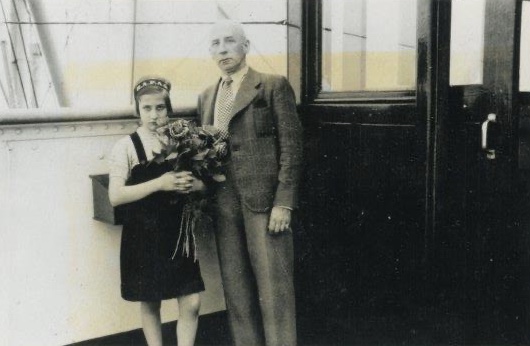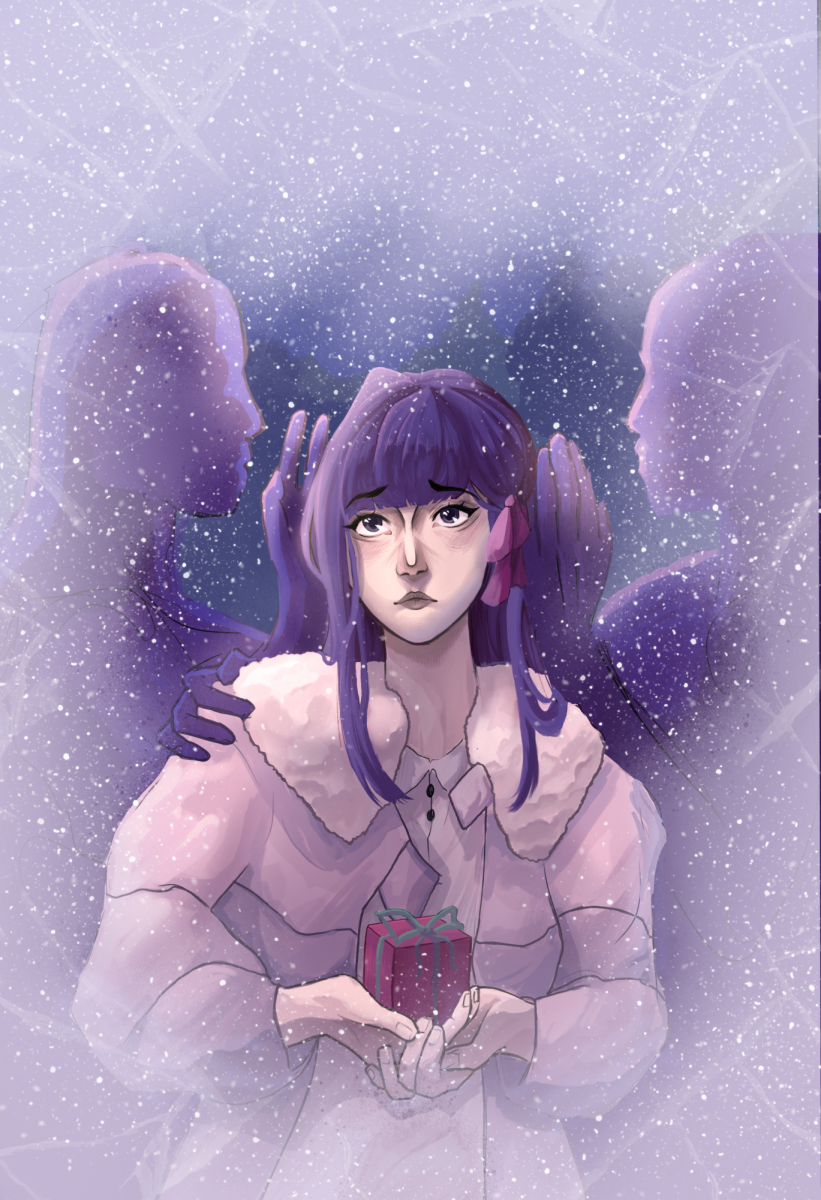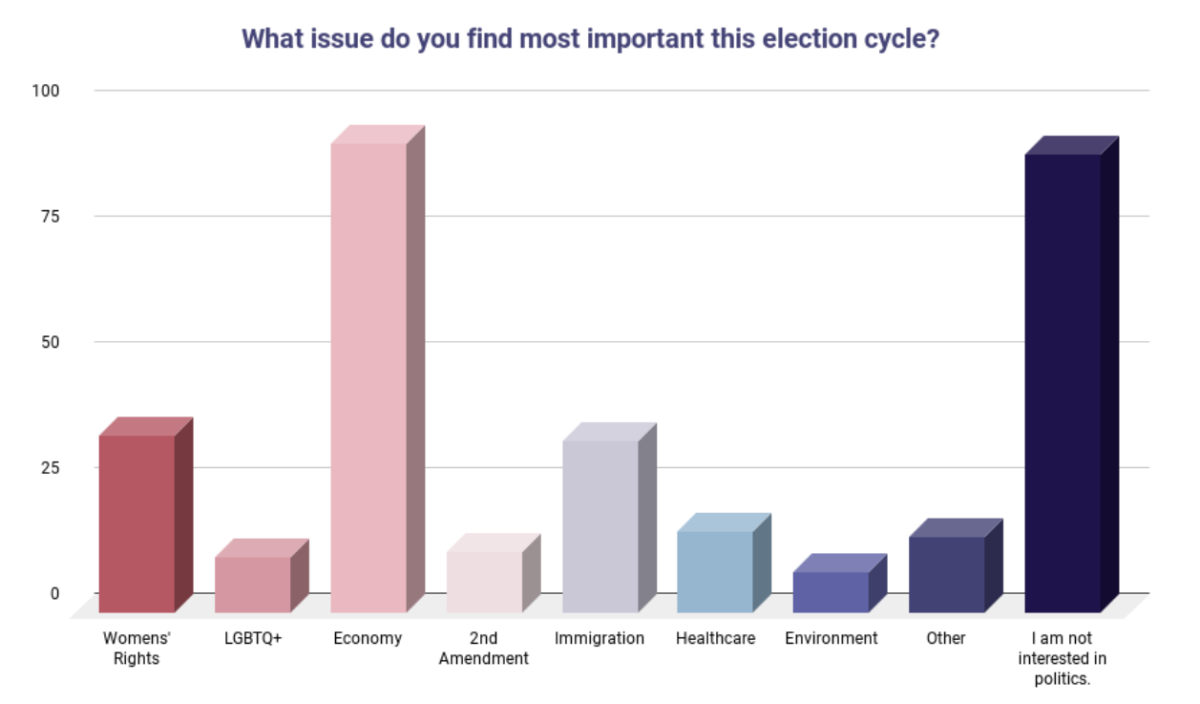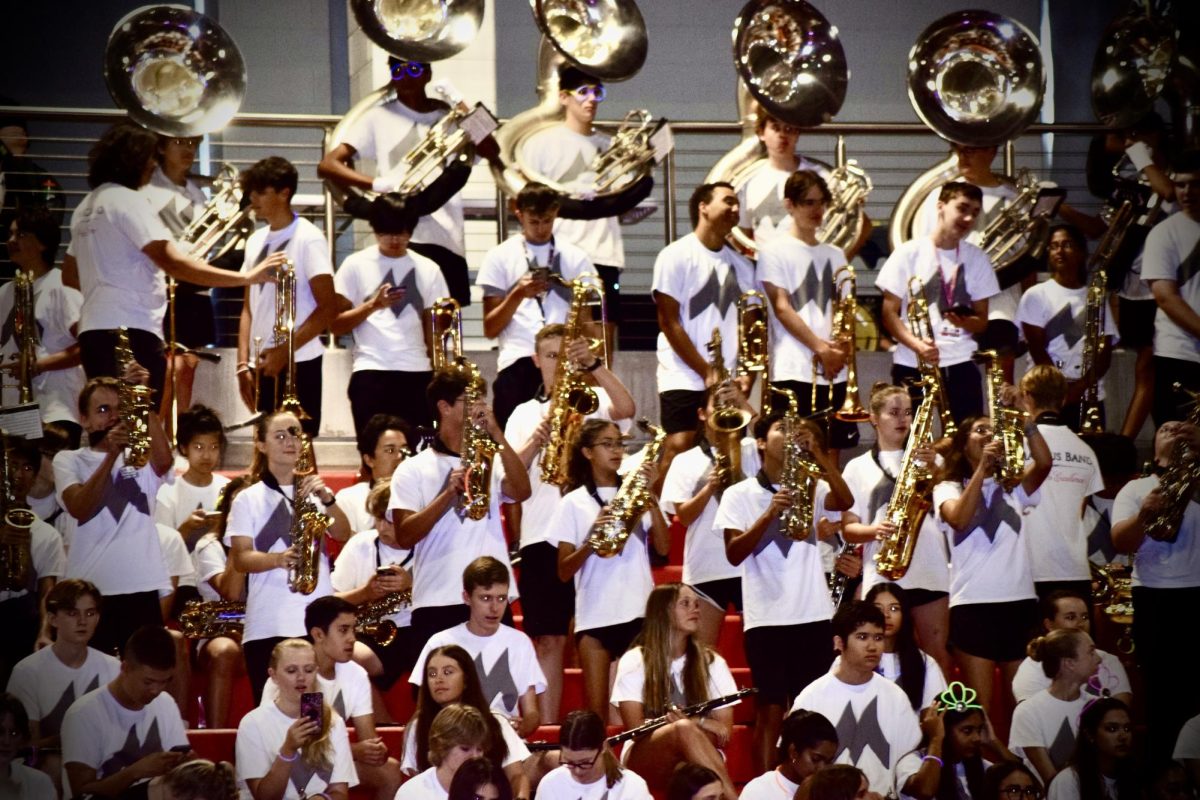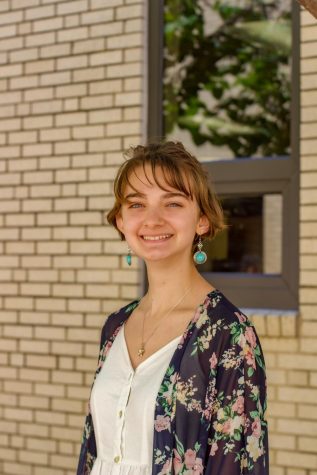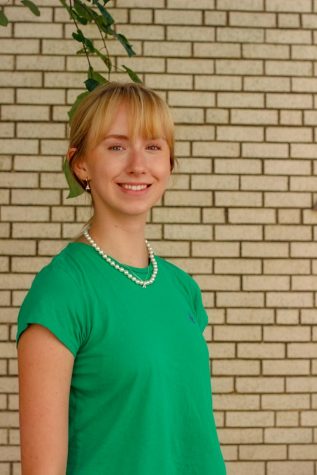Editor’s note: This story was part of the Jan. 19, 2022 in-depth package that won best series/project in the Dallas Morning News high school journalism contest. It also won first place for in-depth news/feature packages in the 2022 ILPC contest. It also won superior in-depth package, then went on to win Best of the Best in the 2022 TAJE Best in Texas contest.
Liesl Joseph’s son recalls her as a renaissance woman. Creativity was her second language. She loved to draw, experimenting with different mediums like an alchemist. Her imagination scampered about, whisking her to the moon and back. She loved playing her flute and loved learning. School became her solace from what was to come.
Liesl was a Jewish girl in Germany. And life would never be the same.
When she was 9, Liesl was taunted by classmates who called her dirty Jew. Headstrong, she stood up for herself, saying her father was a lawyer and he was going to take care of them if they didn’t stop.
“She did not know fear at that point,” her son Joel Loeb said.
• • •
Loeb has been a member at Congregation Kol Ami, located on Timber Creek Rd, since 1997. All his life, he has honored his mother’s story.
“My mother and father were both German immigrants to this country, and there’s a story to be told, and they’re no longer here,” Loeb said. “So there’s a responsibility there.”
Adolf Hitler’s strong antisemitism was prominent. Liesl saw the effects when she skipped to the park.
NO JEWS AND NO DOGS.
Liesl read it over and over. That hideous sign. Dehumanizing any Jew that happened upon it. All she had wanted was to play in the grass. Liesl turned around and left for home.
• • •
It wasn’t until 1938 that Nazis began their ruthless attacks and abductions of Jews. Kristallnacht, or the Night of Broken Glass, was a government sanctioned riot where Nazis burned synagogues, vandalized Jewish businesses, and massacred hundreds. This day is known by many Jews as the spark of the Holocaust. Liesl’s father’s birthday was the next day. The family was celebrating when the Nazis bashed on the door.
“My mother and her mother…rented the second floor out of their house, and they had Christian tenants, and their tenants hid them,” Loeb said.
Her father was thrown in jail. Since he was a prominent lawyer, the police kept him from the camps. Nazis slashed through furniture, shattered dishes, yanked books from shelves. Liesl and her mother were safe upstairs, hidden in a closet. Quiet as shadows. 10 year old Liesl was terrified. They all were.
• • •
Before the Nazis broke up her family, Liesl noticed that people started to disappear. Nazis kidnapped Jews, shipping them away to concentration camps or ghettos in cattle cars. Parents moved their children to safe houses, desperate for any kind of asylum.
To retrieve her husband, Liesl’s mother had to work and save money. She sent Liesl away to live with family friends. Liesl was separated from her family for a year. The only communication she had with them was through letters. Liesl’s mother eventually paid her husband’s bail. They had to round up their belongings quickly and flee.
Hitler established a quota system, an immigration policy that limited the number of Jews permitted to escape Germany. It required an emigrant to apply for a quota number. The lower the number, the more likely they were able to break free.
“While he wanted everybody out, he really wanted everybody dead,” Loeb said.
As the war exploded, the Joseph family’s number was low. Liesl’s father bought tickets for the MS St. Louis. They could not take more than what is equivalent to $5-10. They had to fit their most precious belongings into one trunk. After centuries of living there, the Joseph family evacuated Germany.
The night before they left, Liesl and her family visited grandparents and cousins in Berlin, whose quota numbers were extremely high. Their goodbyes were gut wrenching.
“I think they knew they might not ever see them again,” Loeb said.
• • •
Hamburg’s port housed the St. Louis, a luxurious passenger liner piloted by Gustav Schroeder, the German captain. Cuba was their destination.
“The captain made sure that these people were treated as guests and not as Jews,” Loeb said.
Liesl felt free for the first time in years. Blue skies stretched above her, the wind blowing through her short brunette hair. She glided on the deck in roller skates. Her belly was full every night from three meals. Best of all, Liesl was with her parents again.
“She still managed to be a happy child on that ship,” Loeb said.
But the Josephs’ luck wore thin. Schroeder unknowingly obtained phony landing permits, so Cuba wouldn’t let them disembark. After seven days floating on the sea, Schroeder was informed he had to exit the harbor.
“Once they had to pull out, their only option was to return to Germany,” Loeb said. “And you could not go back to Germany.”
Because he was not Jewish, Schroeder formed a committee with Liesl’s father as its head to communicate with the passengers. Their fate hung in the balance, but Liesl was unafraid.
“She told me that she was never scared about that because her father was there,” Loeb said.
Schroder refused to send the refugees back to Germany. The St. Louis left the dock and drifted along the Florida coast. They negotiated with U.S. President FDR, attempting to persuade him to admit the passengers. But the president would not budge.
“He didn’t want to get involved because the war was imminent,” Loeb said. “And he wanted to stay out of the war.”
Entering the United States directly was proving impossible. The committee reassured the passengers that they would not be returning to Germany. Schroeder turned the ship back towards Europe, desperate for any assistance. Help came with Morris Troper, a member of a Paris committee that protected Jews.
Eventually, after days of uncertainty, Troper and Schroeder were able to reach an agreement that the refugees would go to Western European countries, including France and Britain. Liesl and her family escaped to England.
Liesl and the other passengers erupted in celebration, donning old ball gowns and dancing like their lives were just beginning.
“It was sort of like the old Germany,” Loeb said.
Troper came aboard the St. Louis the day before Liesl’s birthday. She greeted him, thanking him for saving their lives.
“She said she only wished that there was a florist on board so that she could give him flowers,” Loeb said.
The next day, Troper gifted Liesl a dozen roses.
Liesl’s father thought that moving to London would increase their chance of getting out, so they moved to a crowded apartment house. Liberty was so close, Liesl could almost taste it. But misfortune struck again.
In London, there were constant blackouts to prevent enemy aircraft from spotting places to drop bombs. Liesl’s father was not safe, either. England imprisoned him on the Isle of Man, an island off the coast of Britain.
“So he got kicked out of Germany because he was a Jew. And he got in prison because he was a German national, because they’re the enemy,” Loeb said.
With her father gone, Liesl’s mother had to work double. She could not support Liesl and herself, so Liesl was taken in by another family.
“And at 11 again, now my mother was without her mother, and she was without her father, and she had no idea of what was going on,” Loeb said.
Liesl reunited with them once her mother found passage out. They took a train at night in the middle of a blackout.
“She had to grow up…she couldn’t be a little girl anymore,” Loeb said.
Once they arrived in the United States, the sight of the Statue of Liberty caught Liesl’s breath. Lady Liberty represented exactly what Liesl’s family searched for: refuge.
• • •
When Liesl was 77, she and her son traveled to Berlin in 2005. There are monuments dedicated to Jews murdered in the Holocaust decades before. Liesl and Loeb roamed these memorials, nearly lost in their breadth. As they strolled through the city, they came across a synagogue. The building’s facade was dotted with twin towers and a grand entrance. The two walked into a Bar Mitzvah, received warmly by the hosts. Liesl explained who she was to a few of the congregants.
During the service, the young adult read from the Torah, marking a big step in his Jewish identity. Liesl felt a strong tug at her core. She leaned over and whispered to Loeb. Tears streamed from her eyes.
“Hitler didn’t win,” Liesl said.




